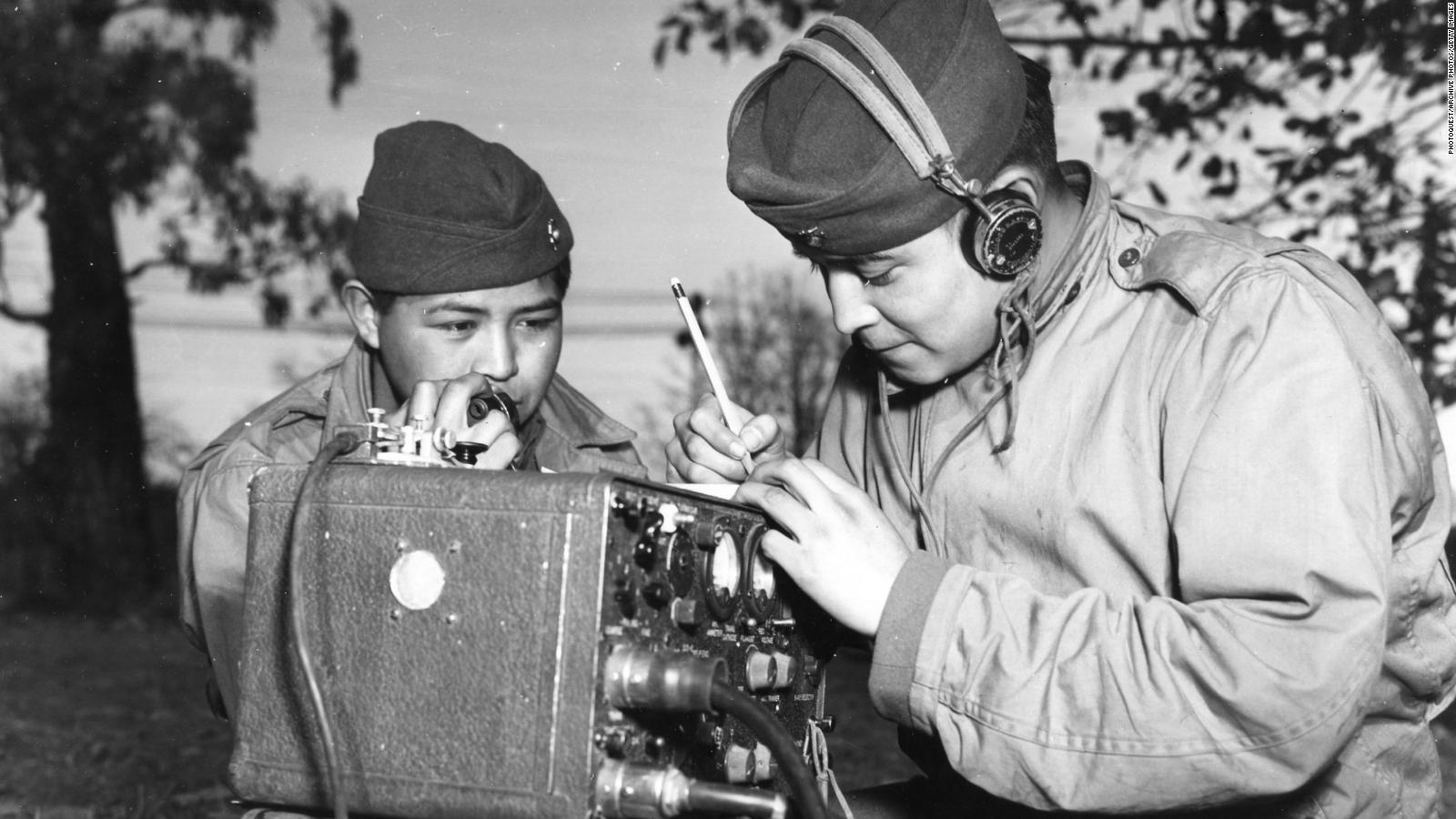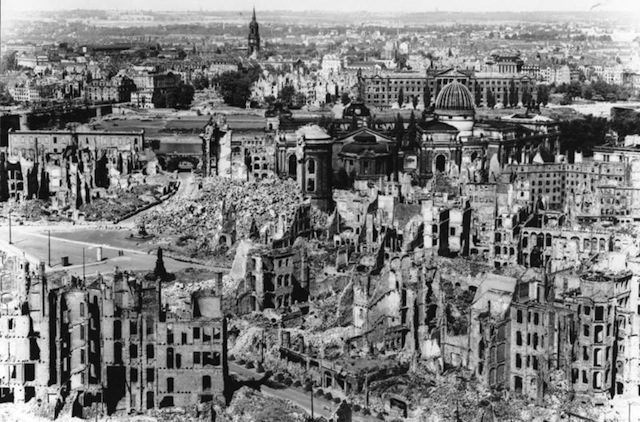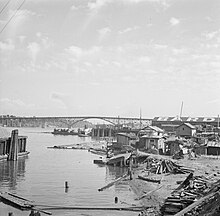Thailand played an interesting role in World War II largely due to the fact that it switched sides between the Axis Powers and the Allies during the war. Thailand started out as a neutral country during the war until it was invaded by Japan on December 8th, 1941 (interesting how it's also currently December 8th). General Phibunsongkhram knew that he could not fight against Japanese forces, and thus, he agreed to cooperate with them. Thailand allowed for Japan to gain full access over their airfields, naval ports, and communication systems. They believed that Japan could win the war and decided to strongly support for their causes. In addition to this, the Thais also saw it as an opportunity to gain more control of territory with the aid of the Japanese.
On January 25th, 1942, Thailand declared war against the Allies, and they officially joined together with the Axis Powers. Phibunsongkhram saw the attack on Burma to be an opportunity for his country, so he commanded troops to help Japan take over Burma. In return, Thailand was rewarded the territory by the Japanese.
However, in 1943, Thailand understood that there was not a guaranteed victory for Japan in the war, and the majority of people in Thailand opposed Japan. They saw their own country being treated as an occupied state, developing a strong anti-Japanese movement. This led to the downfall of Phibunsongkhram's government, and he was replaced by Aphaiwong. Going against Japan, the country started to negotiate with China, a country part of the Allies, and agreed to free some Chinese prisoners that were captured in Burma.
With Aphaiwong taking control as prime minister, he secretly worked with the Allies. He promised to grant Britain and the US territories located in Burma, Malaya, and the French Indies. Because he saw fighting as harmful to his country, Aphaiwong end armed conflict as quickly as possible to reduce the negative effects of the war. Throughout this time, Aphaiwong appeased the Japanese while secretly advocating for underground operations to hurt the Japanese war effort.
At the end of the war, Thailand was considered to have collaborated with the Allies, and the country was supported by the US. The interesting shift in alliances by Thailand marks how many smaller countries primarily wanted to win the war without having too much conflict with any country. Thailand supported Japan in order to not be invaded, and they later supported the Allies, seeing that Japan likely could not win the war.
Sources:
https://ww2db.com/country/Thailand
https://www.britannica.com/biography/Khuang-Aphaiwong
https://www.britannica.com/biography/Luang-Phibunsongkhram









